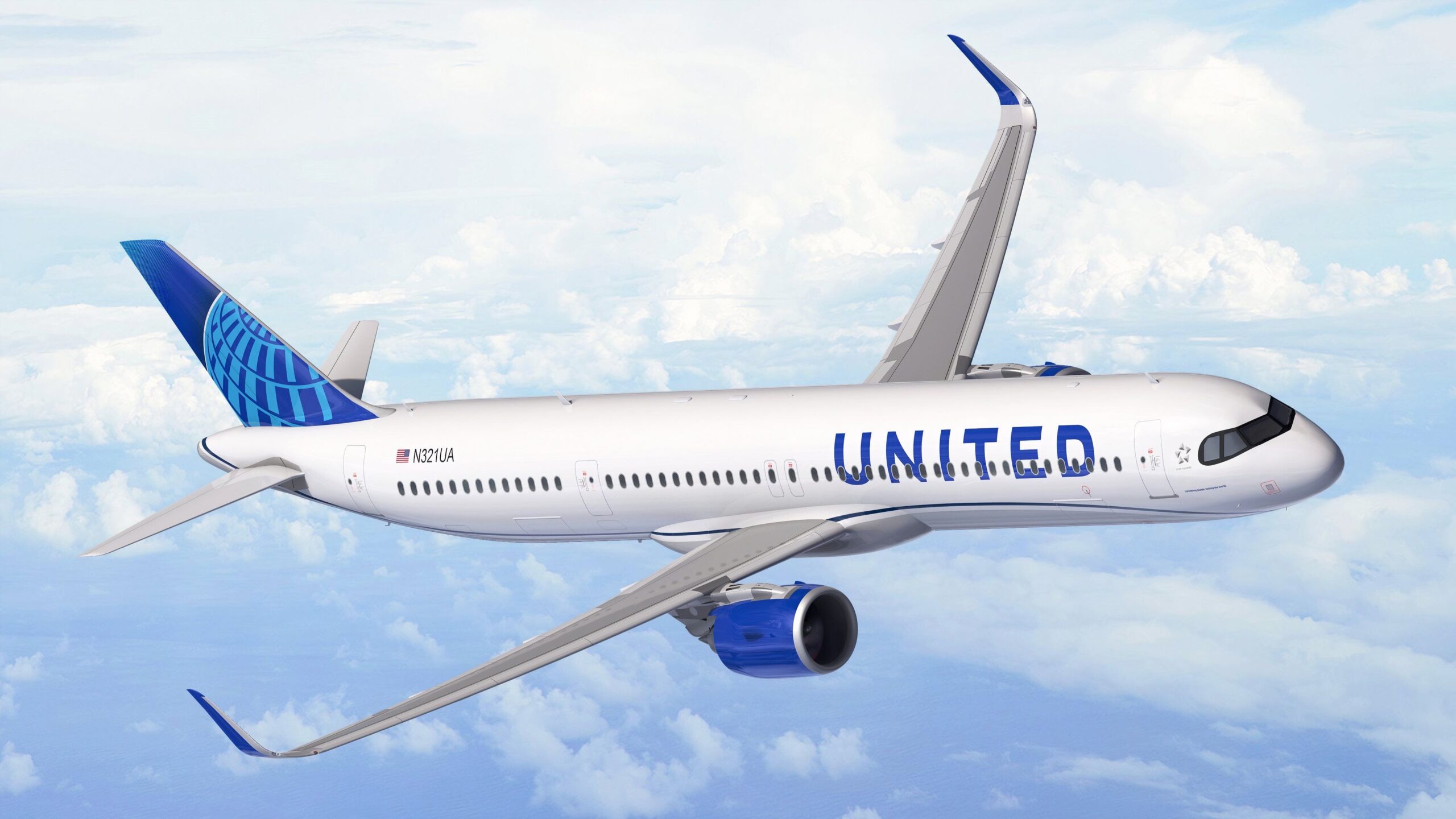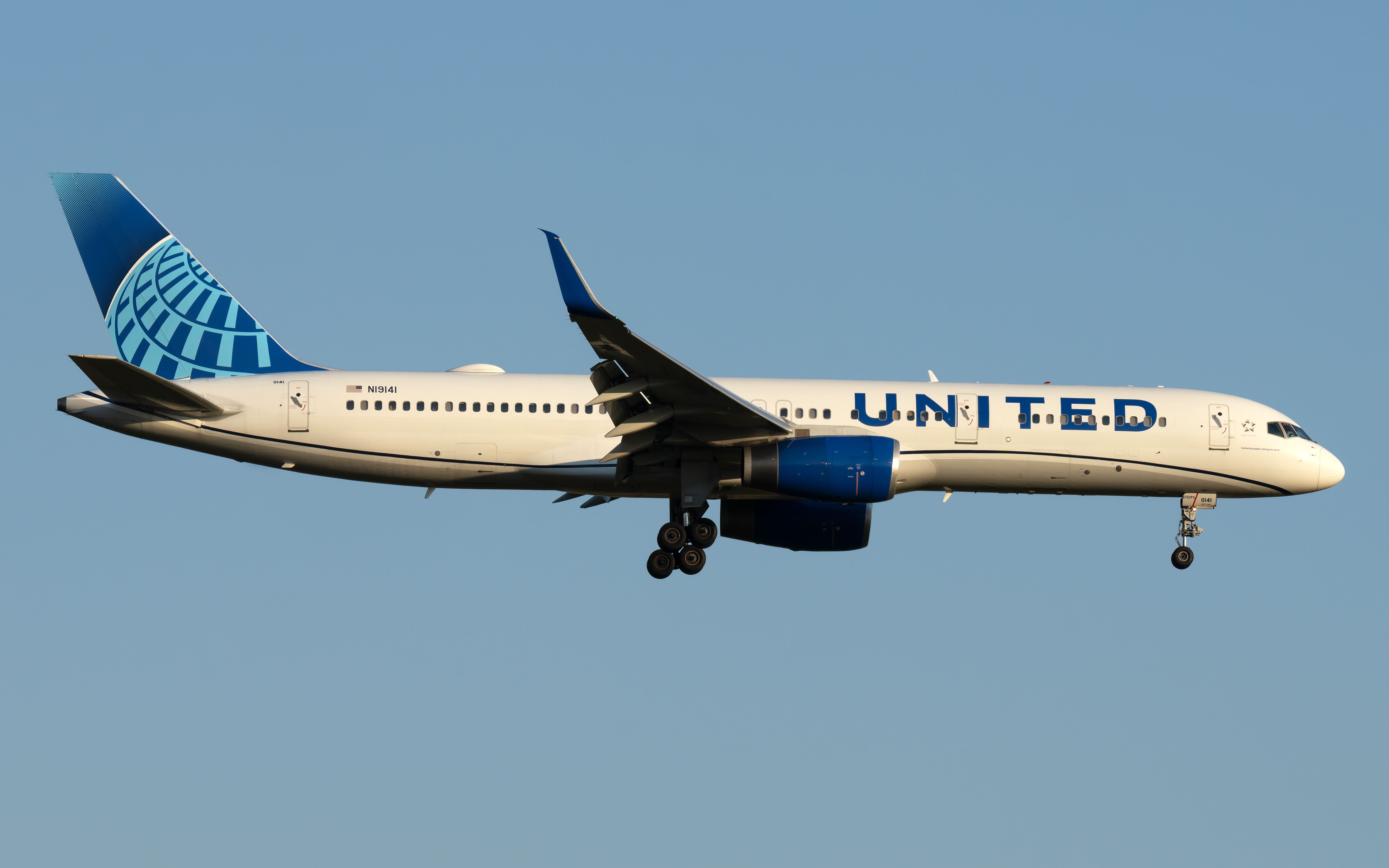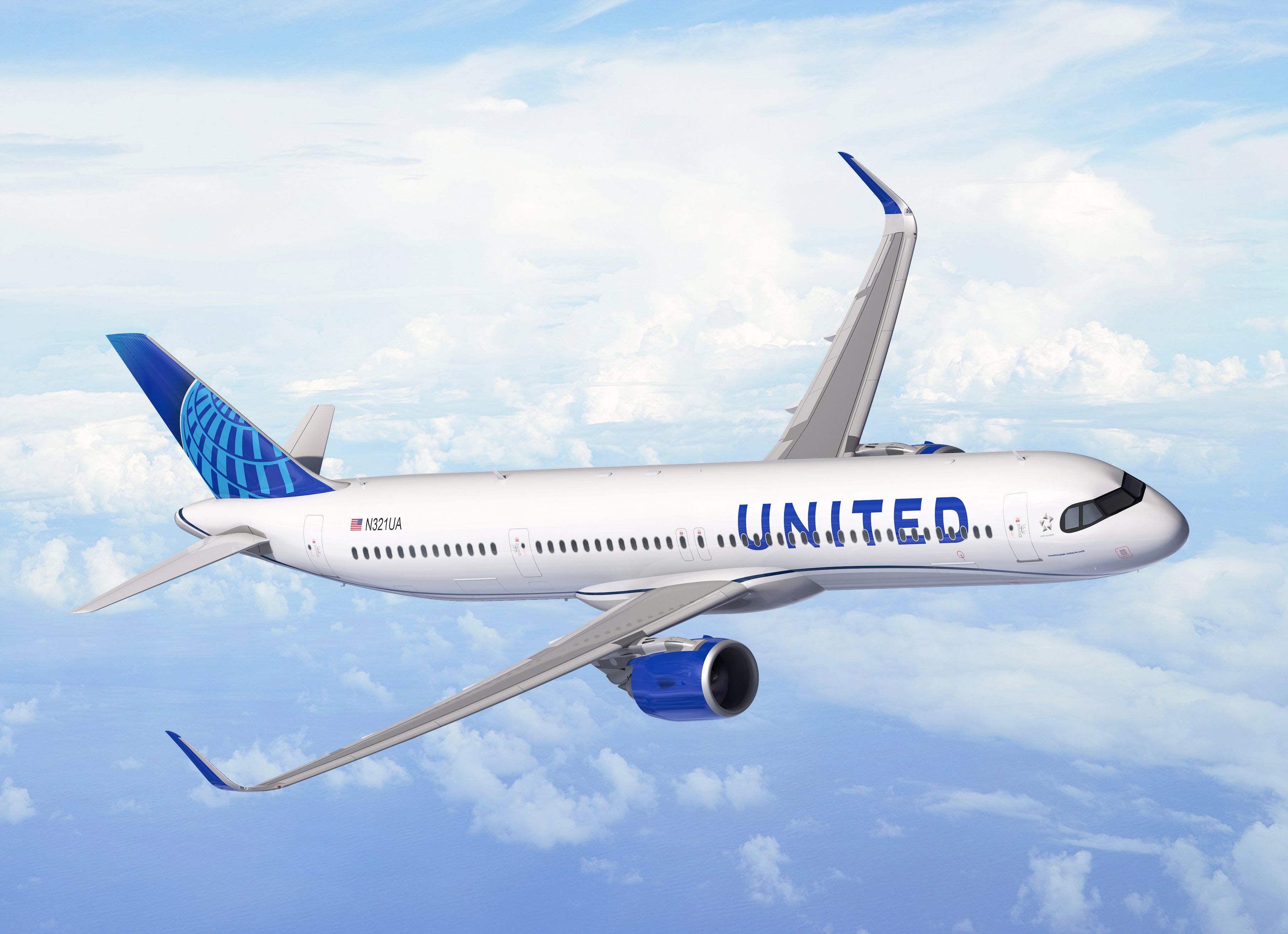Summary
- United Airlines is set to replace Boeing 757s with Airbus A321neo XLR for better operational efficiency and to tap into new markets.
- The A321neo XLR has higher passenger capacity, longer range, and lower fuel burn compared to the 757.
- The aircraft type will enter into commercial service later this year with Iberia.
Chicago-based United Airlines is set to receive the first of its next-generation narrowbody aircraft, the Airbus A321neo XLR, in the fourth quarter of 2025. The carrier will utilize the aircraft type to replace its aging fleet of Boeing 757s, making its operations more efficient and tapping into several new markets owing to the extended range offered by the A321neo.
Replacing the 757s
Within the extensive and diverse fleet operated by
![]() United Airlines
United Airlines
, the carrier has an aging sub-fleet of
Boeing 757
, which the airline still uses on various domestic and international routes, some of which are transatlantic. With over 800 aircraft currently on order, the airline is expecting to receive its first
airbus A321 XLR
aircraft in December 2025 and according to ch-aviation.com, United aims to utilize the aircraft type to replace its 757 operations.
|
Aircraft |
Average Age |
Number of Aircraft |
|---|---|---|
|
Boeing 757-200 |
27.6 years |
40 |
|
Boeing 757-300 |
22.1 years |
21 |
|
Total |
61 |
|
In order to make the airline’s operations more efficient and economical, United has chosen
Airbus
‘ next-generation narrowbody A321neo XLR as the perfect candidate to replace the 757s.
Photo: Vincenzo Pace | Simple Flying
When comparing the aircraft capabilities of the 757 and the A321neo XLR, it becomes clear why this is the perfect replacement:
|
Aircraft |
Boeing 757 (-200/-300) |
Airbus A321neo XLR |
|---|---|---|
|
Passenger Capacity |
172 / 234 |
244 |
|
Operational Range |
3915 nm / 3400 nm |
4700 nm |
Essentially, by deploying the A321neo XLR on the routes currently operated by the Boeing 757s, the airline can carry more passengers, fly a lot further, and because of the newer engines and other technological advancements available on the aircraft, the fuel burn is considerably lower, thus reducing the carrier’s cost and carbon emissions.
Tapping the untapped markets
While the carrier currently operates the 757s to cities such as Tenerife, Reykjavik, Dublin, and more, the airline’s Senior Vice President for Global Network Planning and Alliances, Patrick Quayle, states that these operations have become uneconomical for these smaller markets. However, Quayle also states,
“But we want to continue flying to these cities, and the A321neo(XLR) is long-ranged and has much better fuel burn and maintenance costs.”
Photo: Airbus
While the carrier can deploy the A321neo XLRs on its current routes, such as Edinburgh, Shannon, Lisbon, Malaga, Porto, and more, due to the extended range capability, the airline can also begin narrowbody services to smaller destinations in cities such as France, Italy, the Scandinavian region and even parts of Africa.
Entering service soon
While there are A320neo family aircraft being operated across the Atlantic currently, the latest generation A321neo XLR will revolutionize narrowbody travel as the aircraft will allow operators to fly further using narrowbody aircraft but also turn several point-to-point routes profitable, thus improving global connectivity.
After recently getting certified
, the A321neo XLR performed its first flight earlier this month. The aircraft type is set to enter commercial service with Spanish carrier
Iberia
later this year, and the airline has already announced that the first two routes to see the aircraft type will be Madrid to Boston and then Madrid to Washington Dulles.
Considering the possibility for expansion of the aircraft type offers, it will be interesting to see how United Airlines will utilize its incoming fleet of A321neo XLRs, of which the airline has ordered 50 and the carrier last year also decided that the aircraft will be powered by Pratt & Whitney’s GTF engines.



